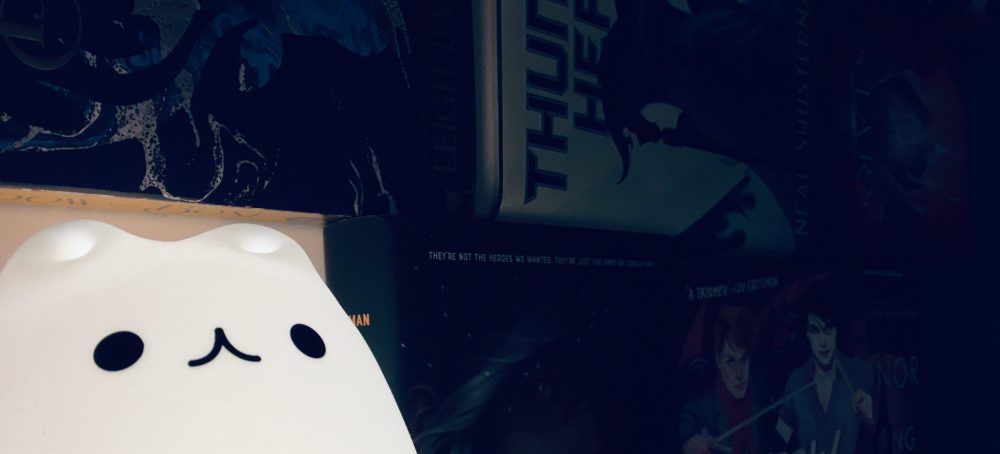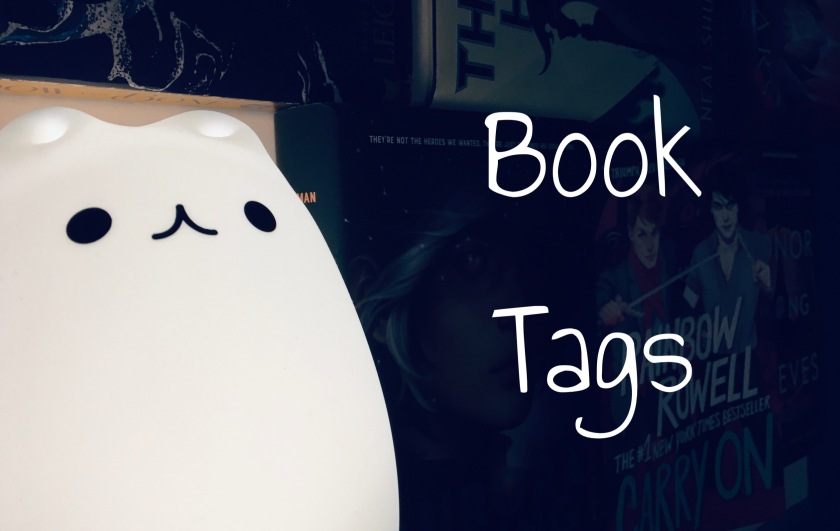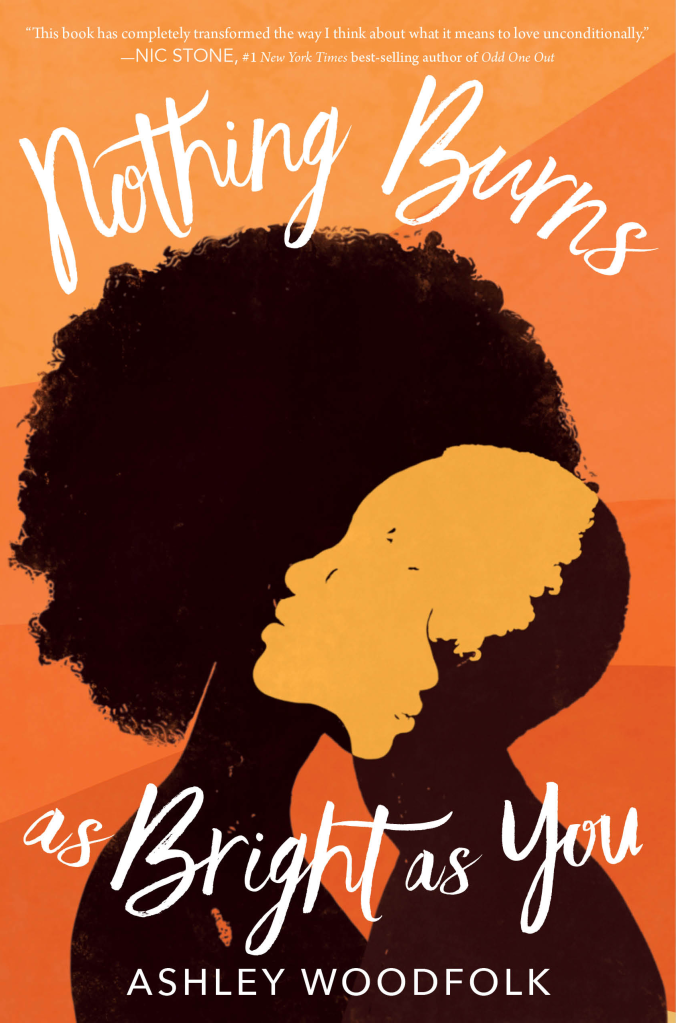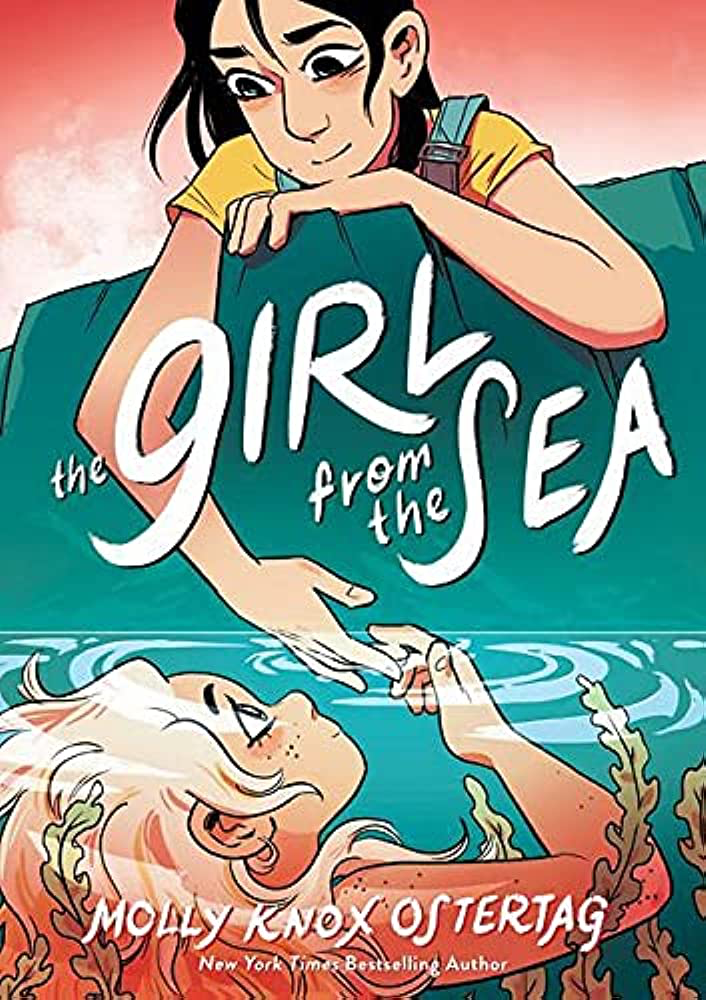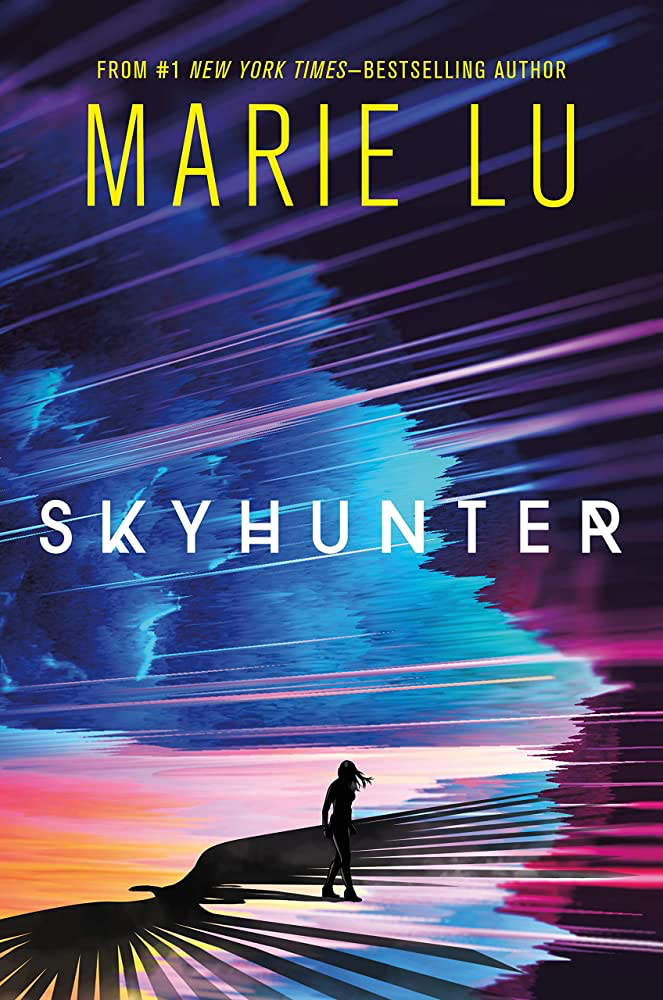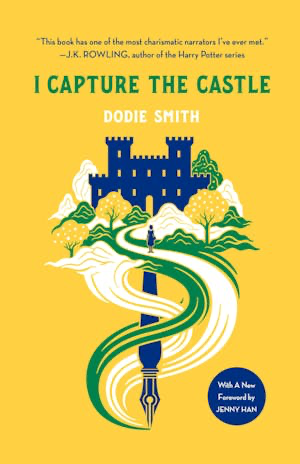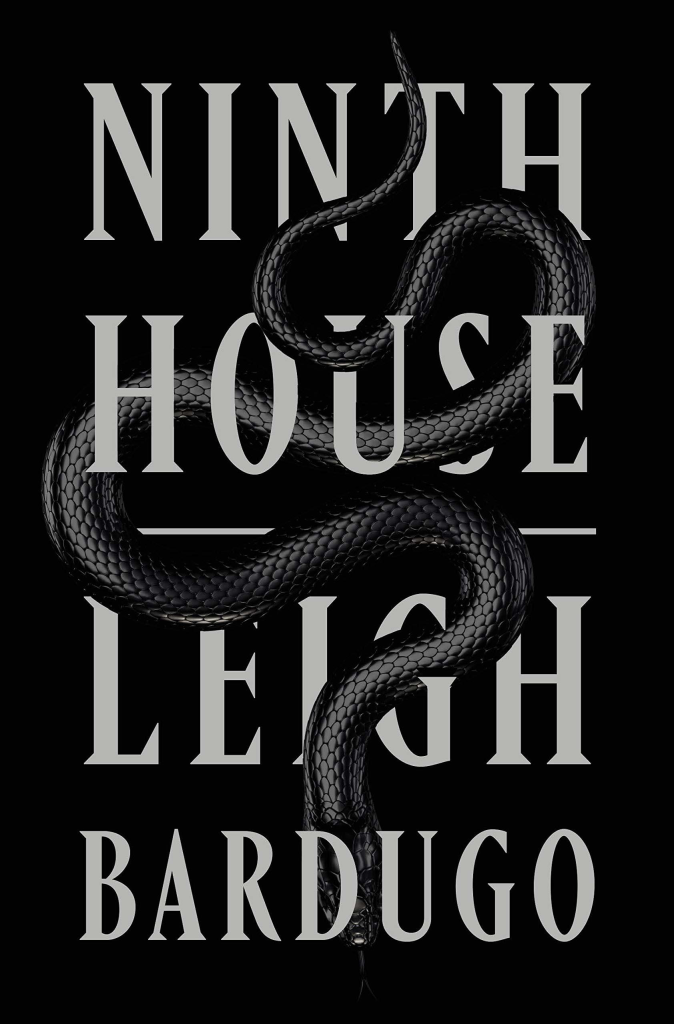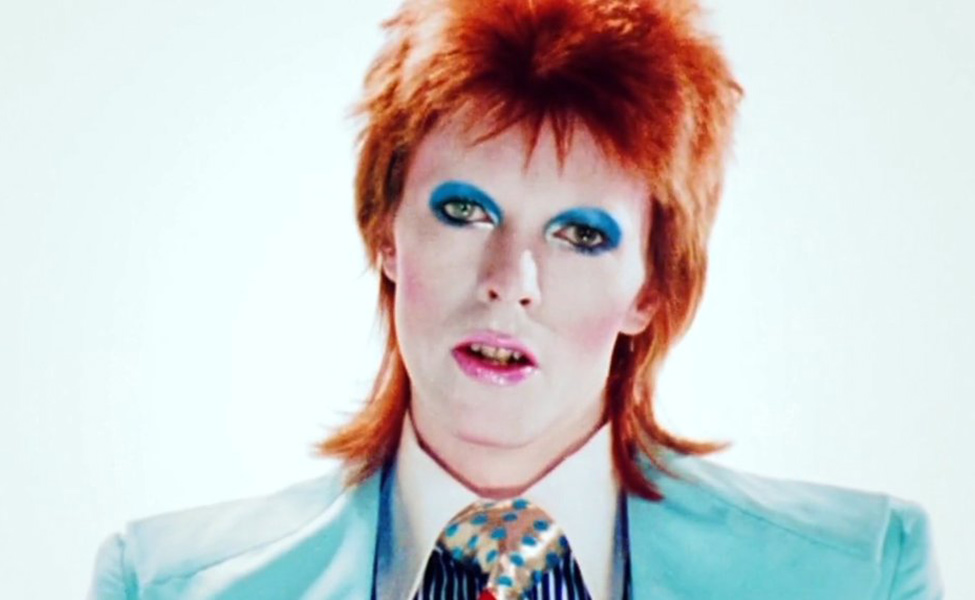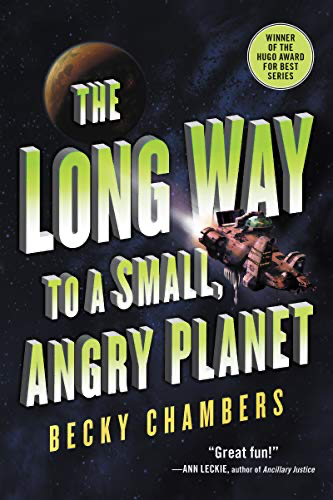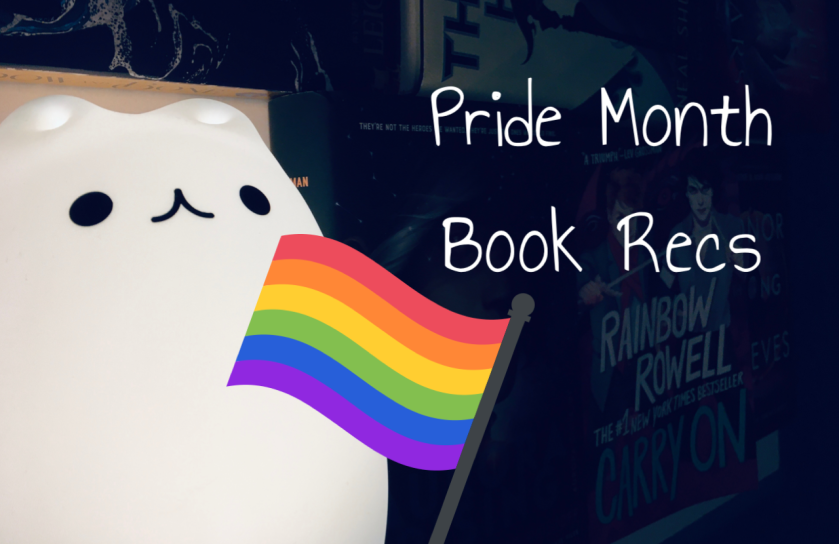
Happy Wednesday, bibliophiles!
Here in the U.S., June is Pride Month! And every month, I find myself having a downer of an introduction, just because the world only gets kinder to queer people in the smallest increments, it seems. The vocal minority in this country are still bent on erasing all evidence that queer people exist in the first place, like an offending stain on a white tablecloth. (A note to homophobes: has it ever occurred to you that you don’t have to look at pride flags or queer couples? You can just look away and not make it anybody else’s problem…life is so short, man.) But our community is one characterized by resilience: no amount of book bans, culture wars, or bigotry will wipe us off the map. We are are here, we have always been here, and we will always be here. Nothing you do will make us disappear. Don’t let the vocal minority distract you from the beauty created and progress made by our community.
So once again, here’s a list of YA and Adult books with queer characters and themes, curated by your local bisexual. I also added the specific representation of each book.
Just a refresher on my key:
MC: Main character
LI: Love interest
SC: Side character(s)
For my previous lists, see below:
Enjoy these book recs!
🌈THE BOOKISH MUTANT’S BOOKS FOR PRIDE MONTH (2024 EDITION)🌈
FANTASY
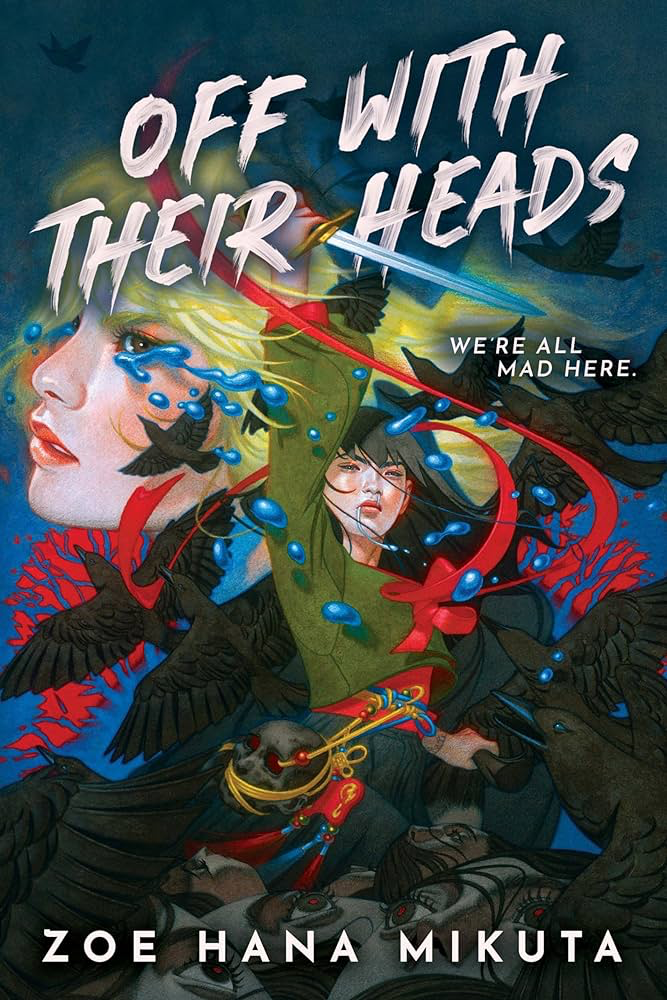
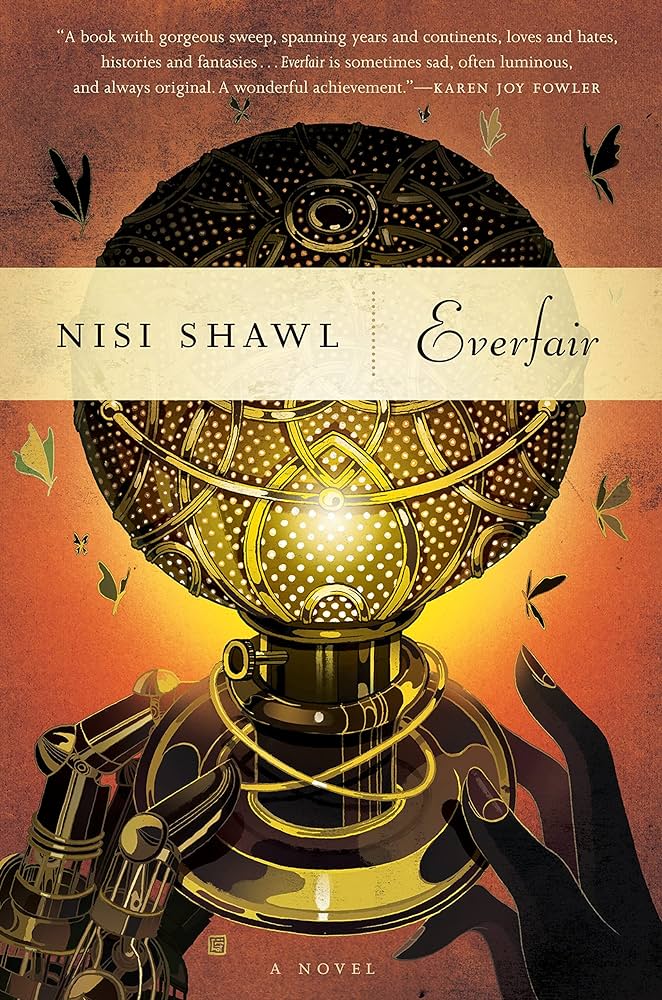
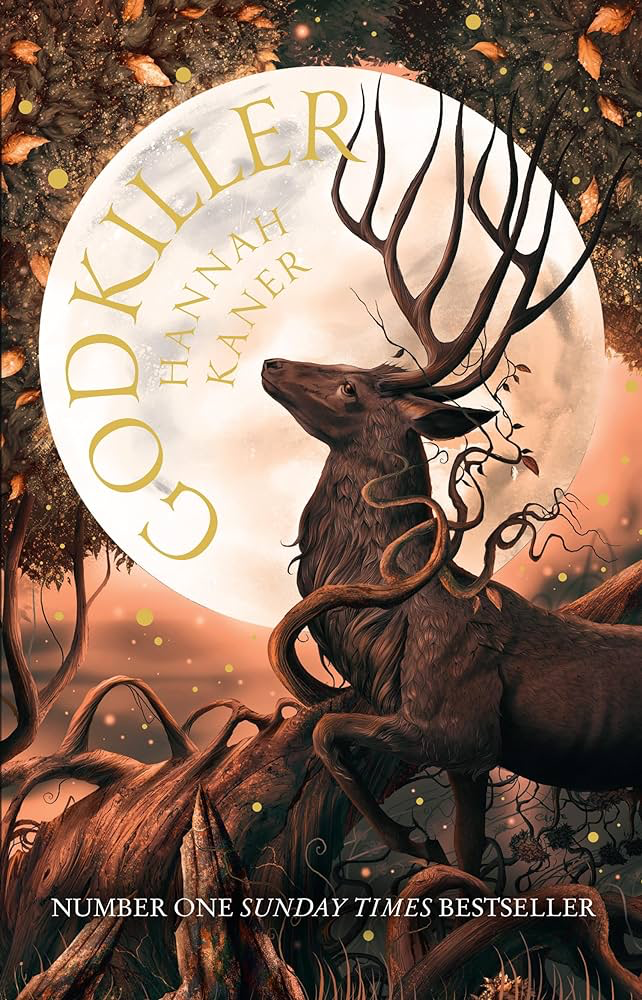
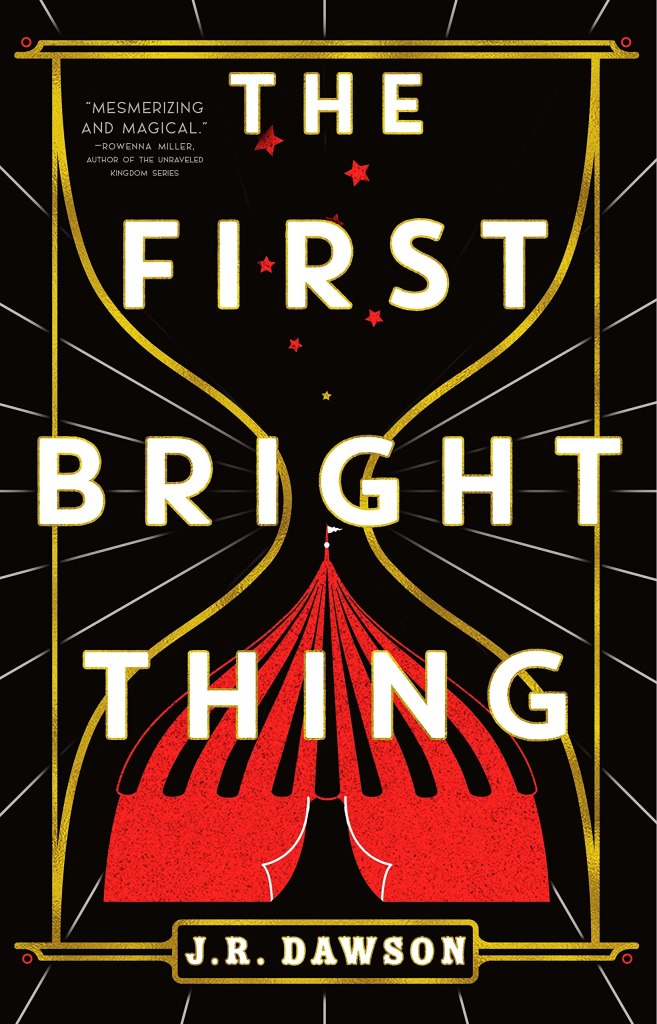
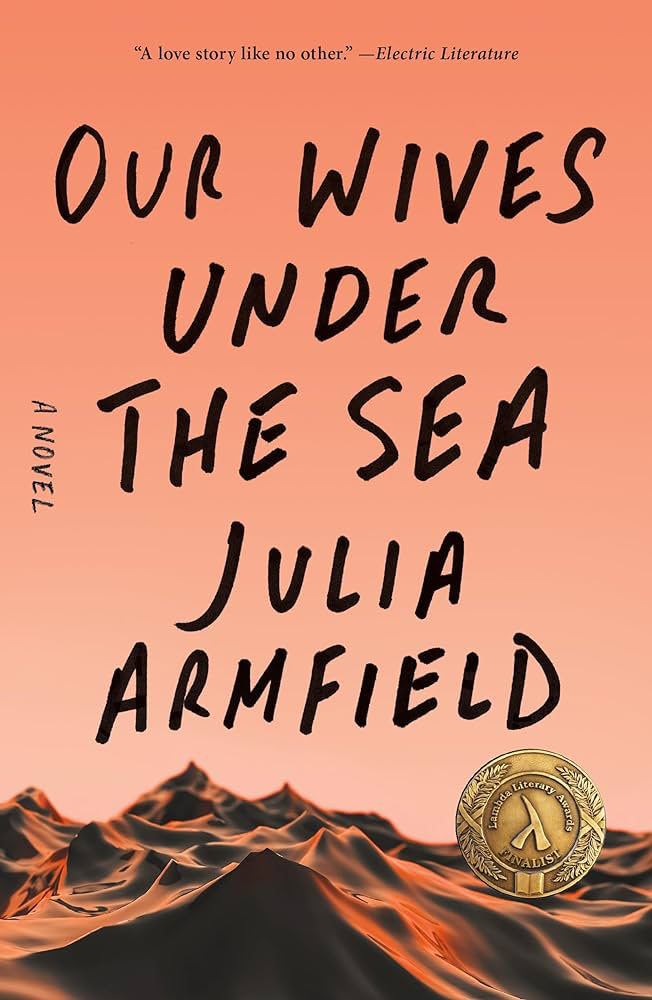
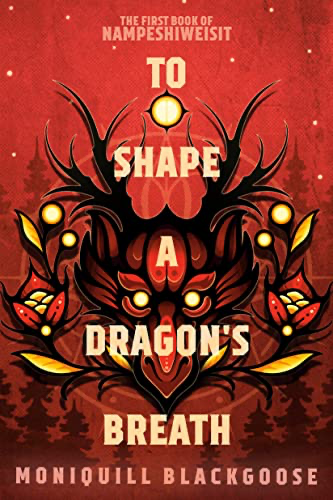
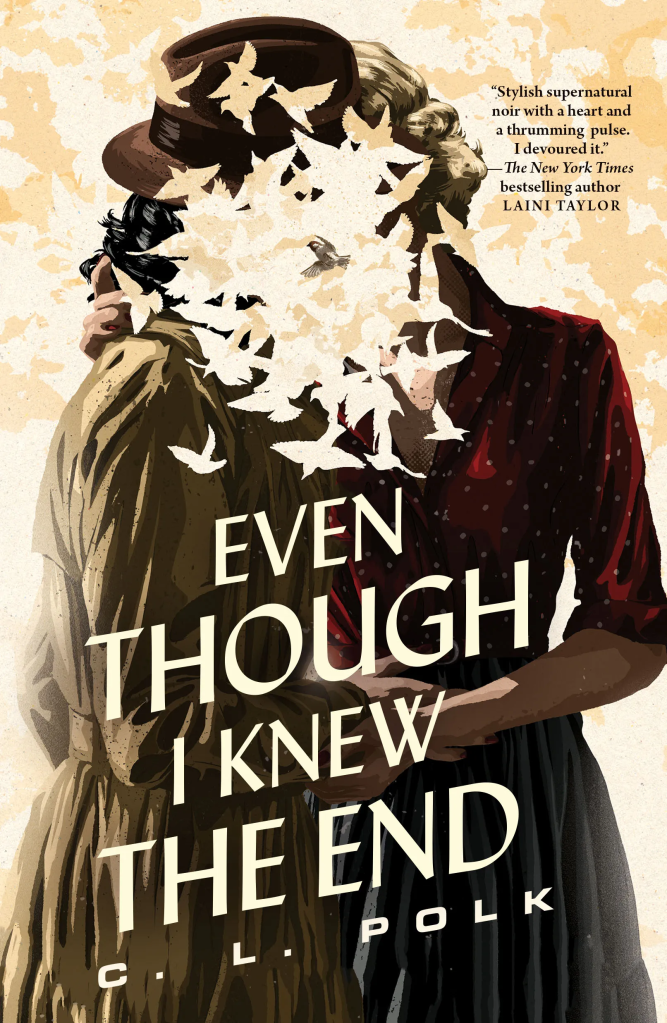
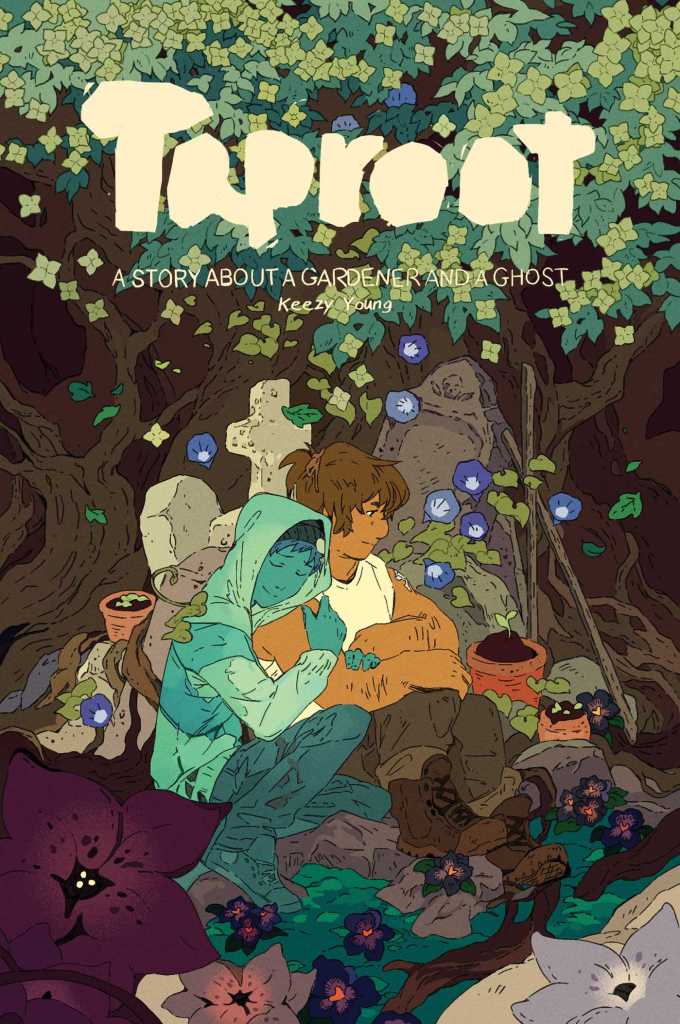
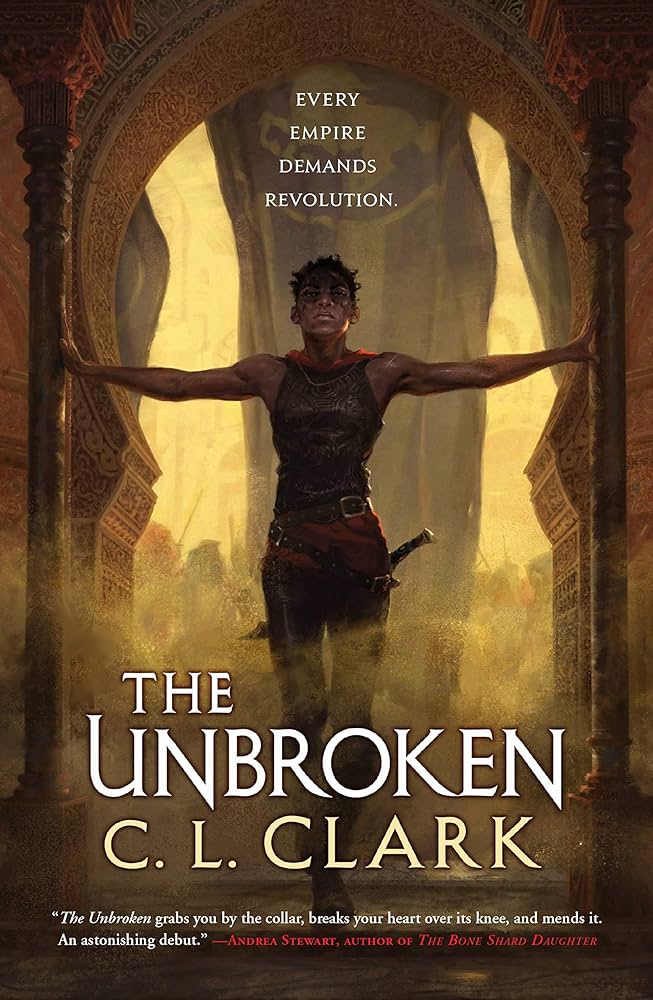
- Off With Their Heads – Zoe Hana Mikuta | YA | lesbian MCs | ⭐️⭐️⭐️.75, rounded up to ⭐️⭐️⭐️⭐️
- Everfair (Everfair, #1) – Nisi Shawl | Adult | sapphic MC, LI, and SCs | ⭐️⭐️⭐️⭐️
- Godkiller (Fallen Gods, #1) – Hannah Kaner | Adult | sapphic MC, sapphic SCs (queernormative world) | ⭐️⭐️⭐️⭐️
- The First Bright Thing – J.R. Dawson | Adult | bisexual MC, sapphic LI | ⭐️⭐️⭐️.5
- Our Wives Under the Sea – Julia Armfield | Adult | lesbian MC, sapphic LI | ⭐️⭐️⭐️⭐️.5
- To Shape A Dragon’s Breath (Nampeshiweisit, #1) – Moniquill Blackgoose | YA | polyamorous, bisexual MC, sapphic LI | ⭐️⭐️⭐️⭐️
- Even Though I Knew the End – C.L. Polk | Adult | lesbian MC, sapphic LI | ⭐️⭐️⭐️⭐️
- Taproot: A Story About a Gardener and a Ghost – Keezy Young | YA | achillean MC and LI | ⭐️⭐️⭐️.5
- The Unbroken (Magic of the Lost, #1) – C.L. Clark | Adult | lesbian MC, bisexual LI, nonbinary and sapphic SCs | ⭐️⭐️⭐️⭐️
SCIENCE FICTION


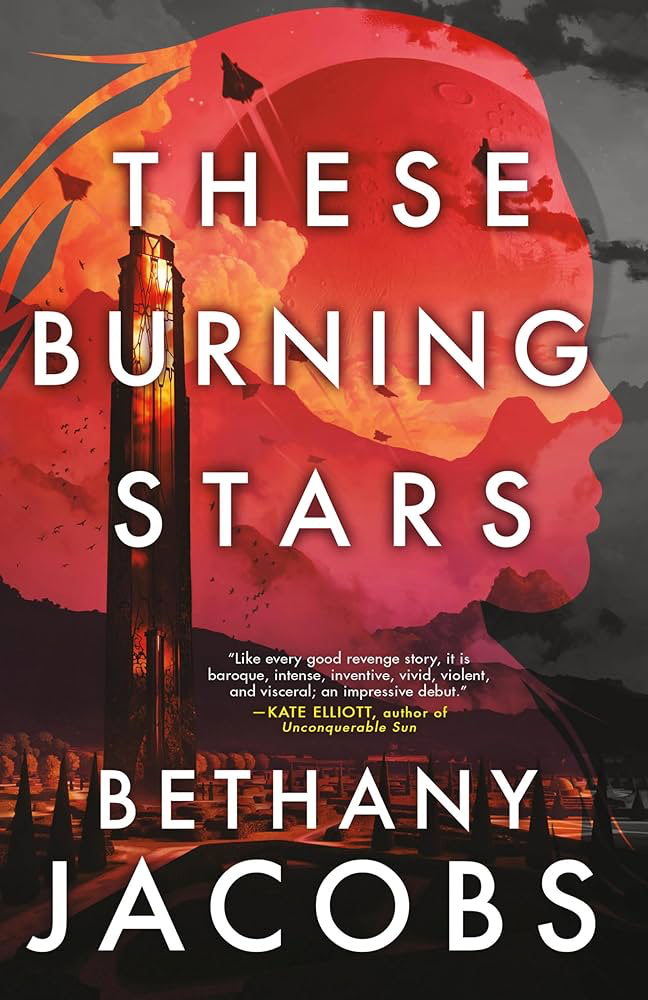
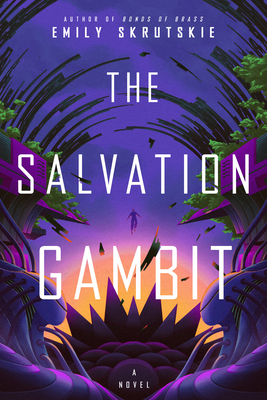


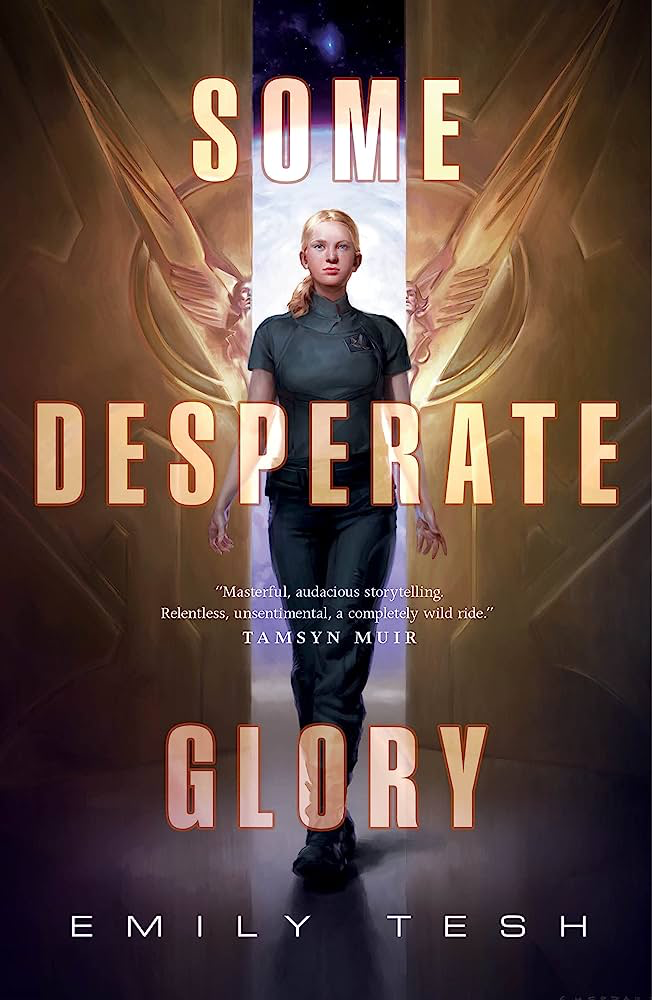
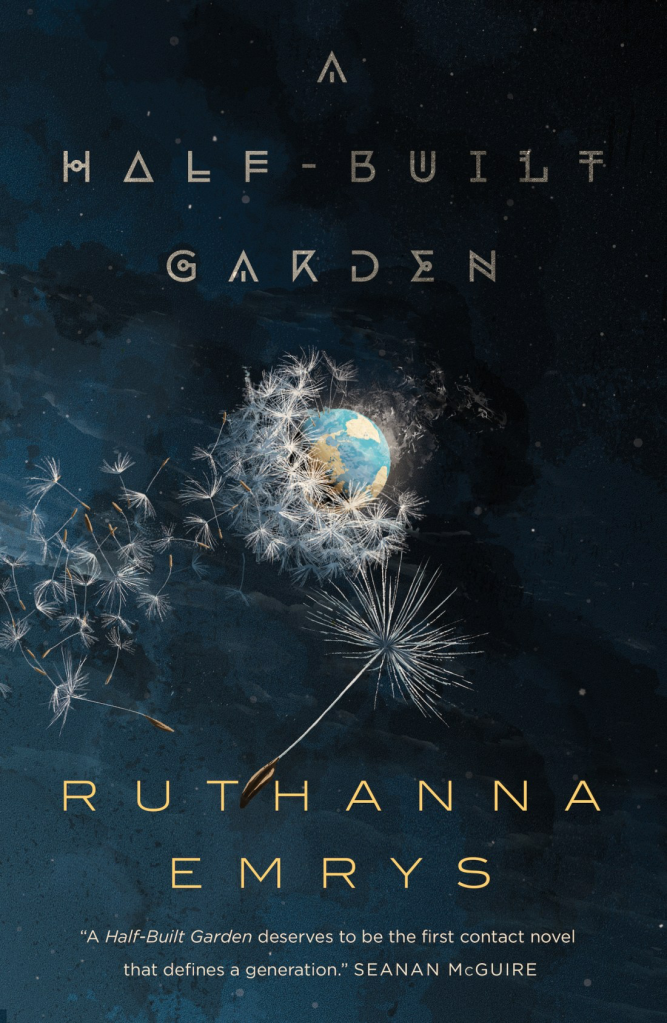
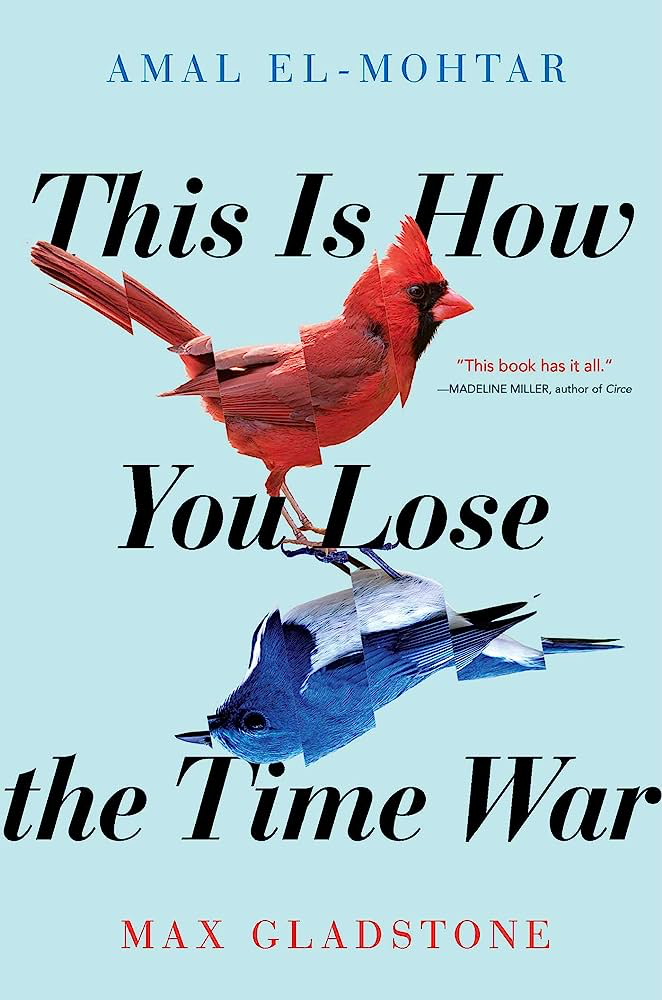
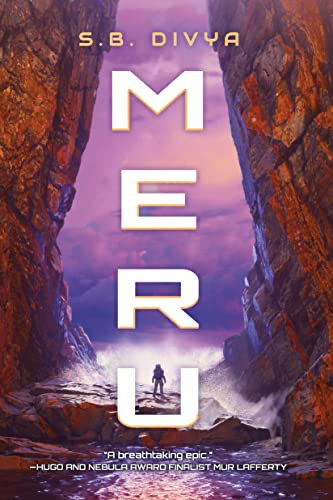

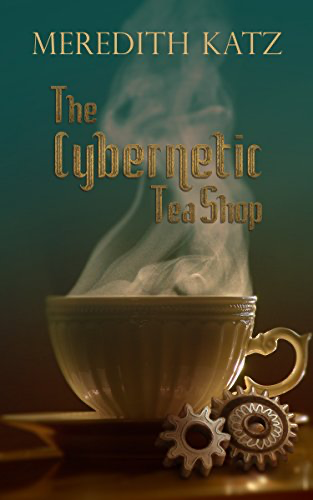
- Activation Degradation – Marina J. Lostetter | Adult | intersex MC, intersex LI, queer SCs | ⭐️⭐️⭐️⭐️.5
- Junker Seven (Twin Suns duology, #1) – Olive J. Kelley | Adult | nonbinary lesbian MC, trans LI, trans, nonbinary, and queer SCs | ⭐️⭐️⭐️.5
- These Burning Stars (The Kindom, #1) – Bethany Jacobs | Adult | nonbinary MC, lesbian MC, lesbian LI | ⭐️⭐️⭐️.75, rounded up to ⭐️⭐️⭐️⭐️
- The Salvation Gambit – Emily Skrutskie | Adult | bisexual MC, sapphic LI, nonbinary and queer SCs | ⭐️⭐️⭐️.75, rounded up to ⭐️⭐️⭐️⭐️
- Hunger Makes the Wolf (The Ghost Wolves, #1) – Alex Wells | Adult | queer MC | ⭐️⭐️⭐️.5
- A Memory Called Empire (Teixcalaan, #1) – Arkady Martine | Adult | sapphic MC and LI, achillean SC | ⭐️⭐️⭐️⭐️.25
- Some Desperate Glory – Emily Tesh | Adult | lesbian MC, nonbinary and gay SCs | ⭐️⭐️⭐️⭐️.5
- A Half-Built Garden – Ruthanna Emrys | Adult | lesbian MC and LI, queer SCs | ⭐️⭐️⭐️⭐️.25
- This Is How You Lose the Time War – Amal El-Mohtar and Max Gladstone | Adult | sapphic MCs | ⭐️⭐️⭐️⭐️⭐️
- Meru (The Alloy Era, #1) – S.B. Divya | Adult | queer MC, nonbinary (uses zie/zir pronouns) LI, queer SCs | ⭐️⭐️⭐️⭐️
- Road to Ruin (Magebike Courier, #1) – Hana Lee | Adult | bisexual MC, sapphic LI | ⭐️⭐️⭐️⭐️
- The Cybernetic Tea Shop – Meredith Katz | Adult | asexual, sapphic MC and LI | ⭐️⭐️⭐️.5
REALISTIC FICTION:
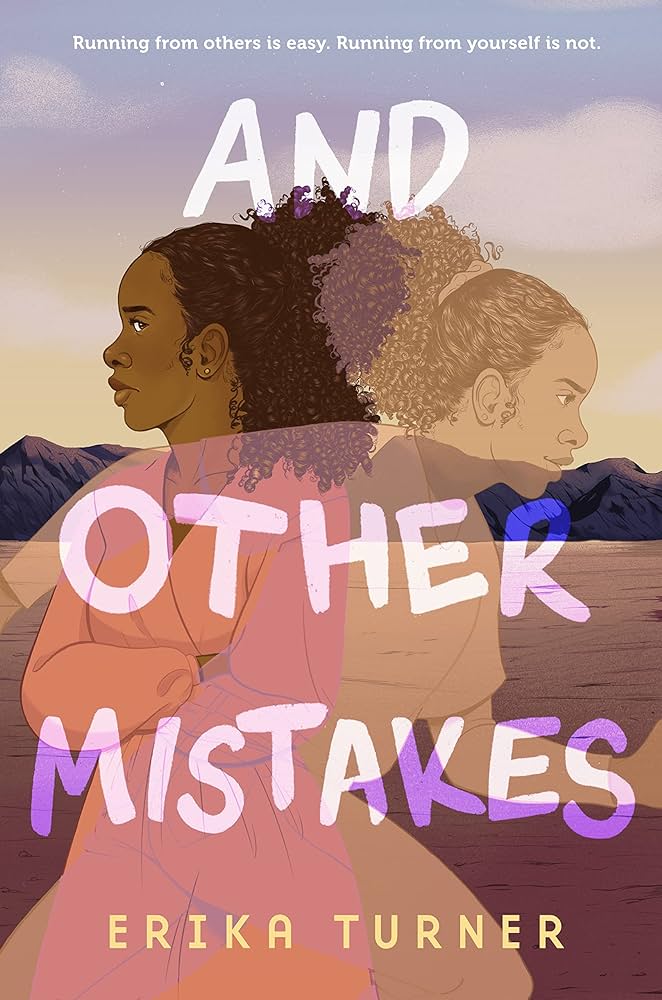
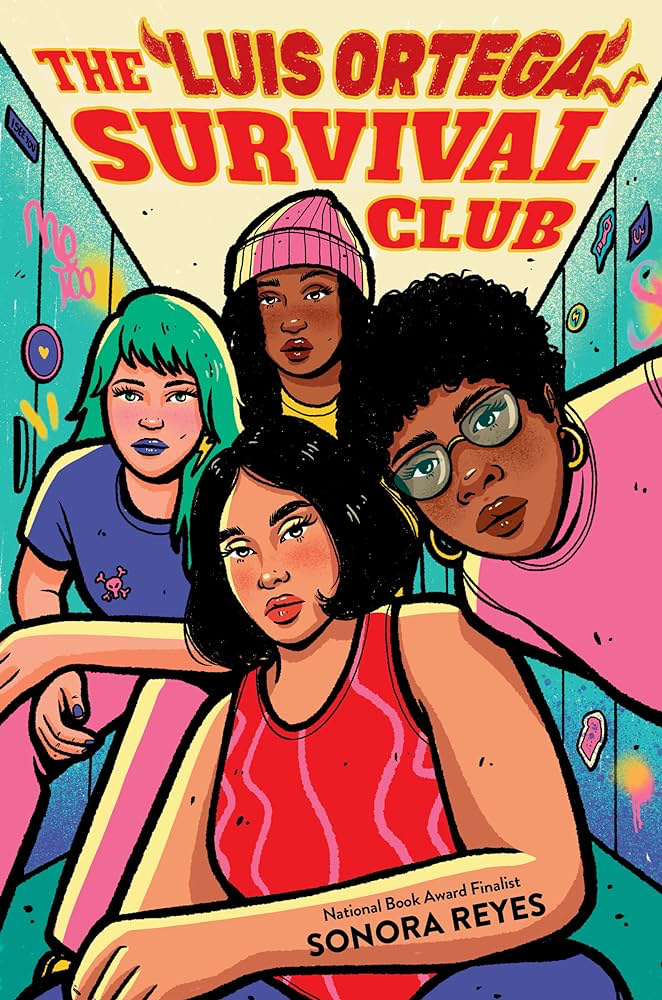
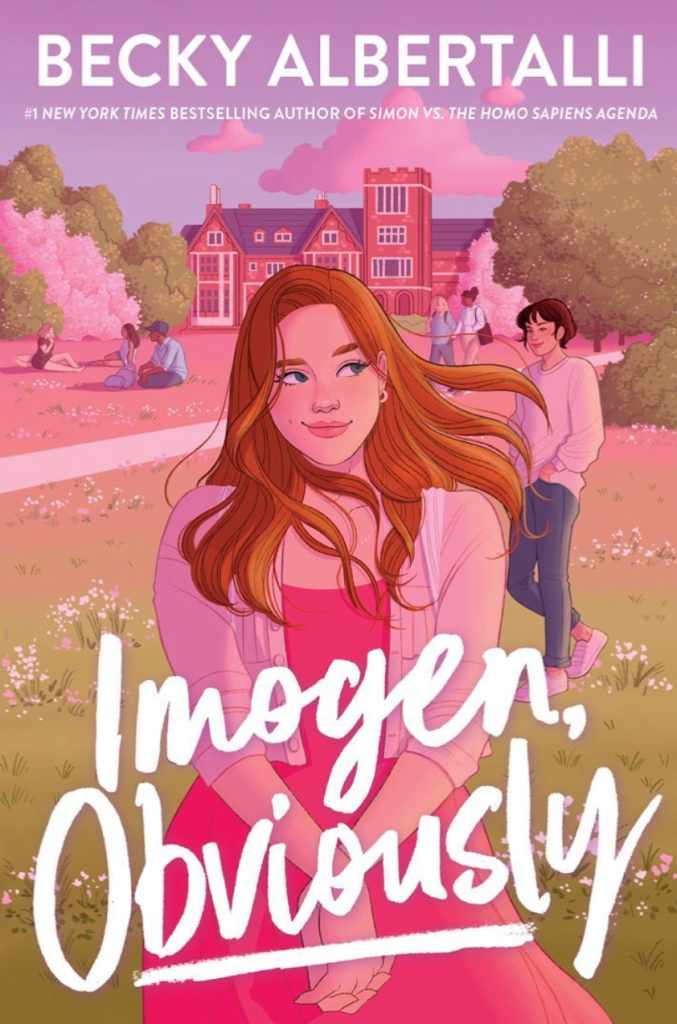
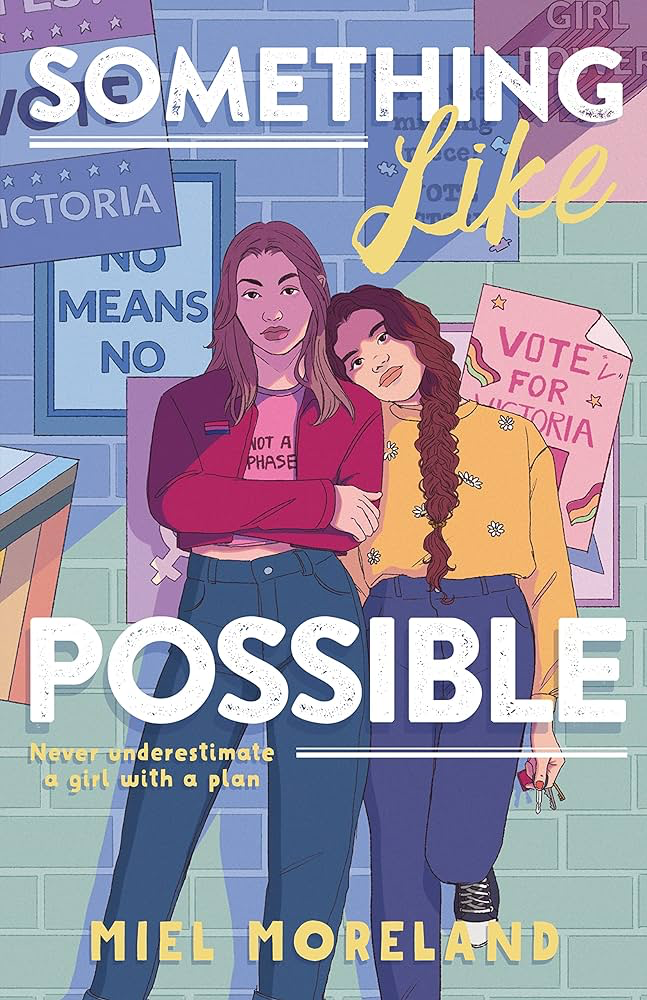
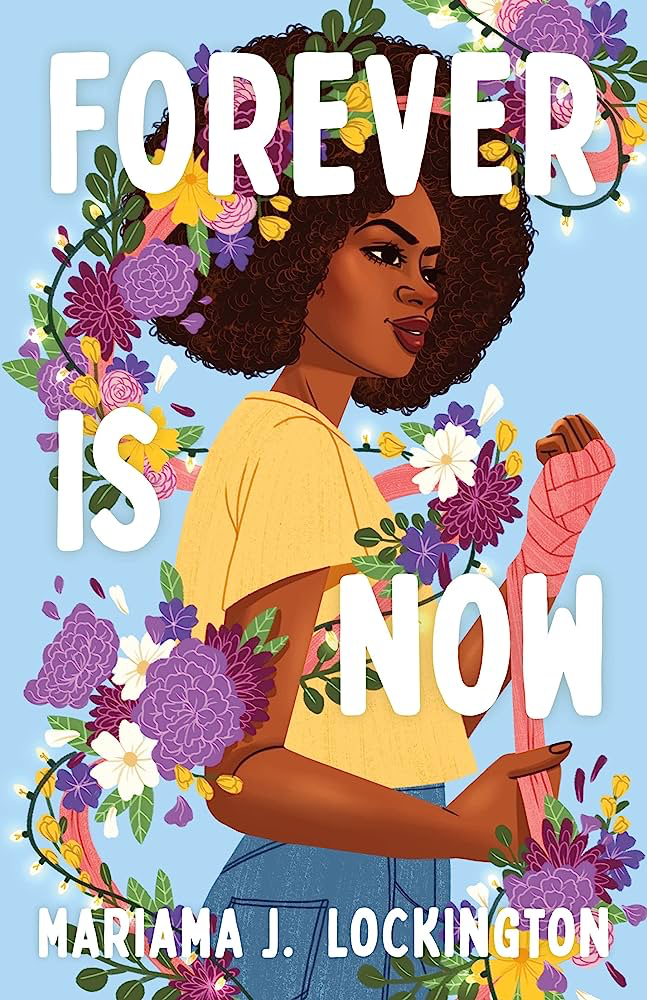
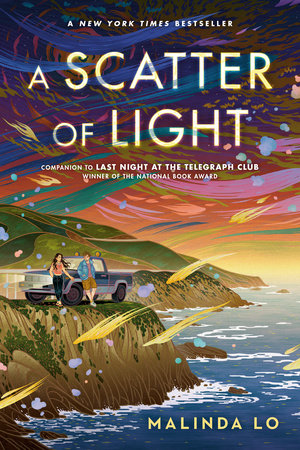
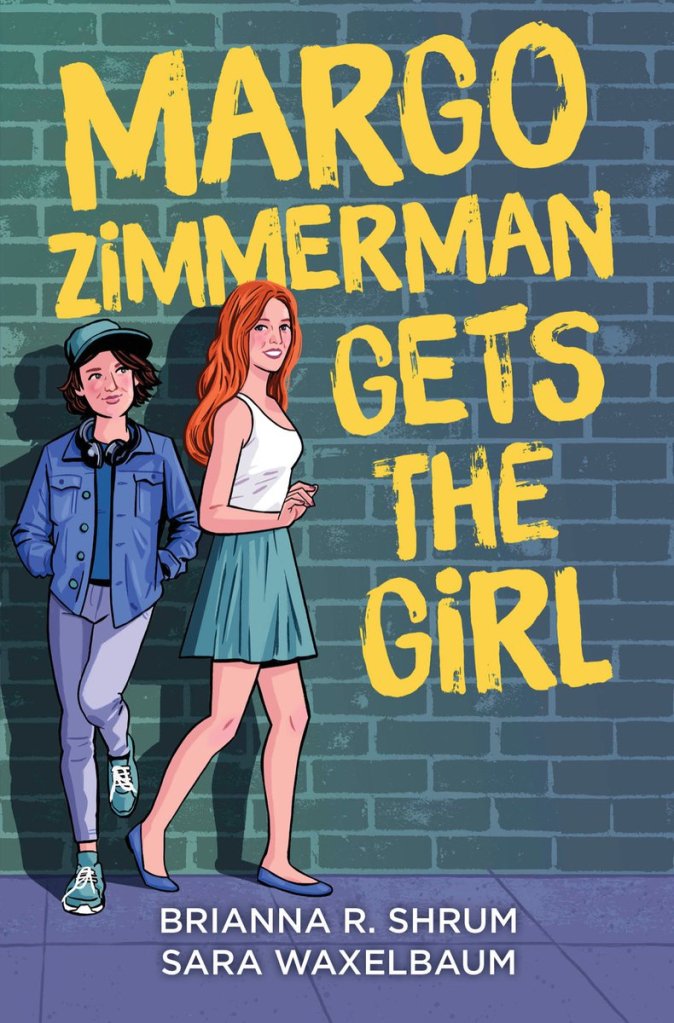
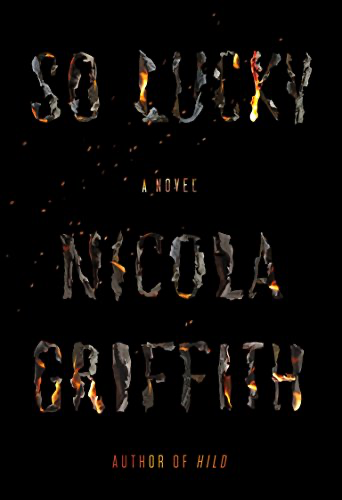
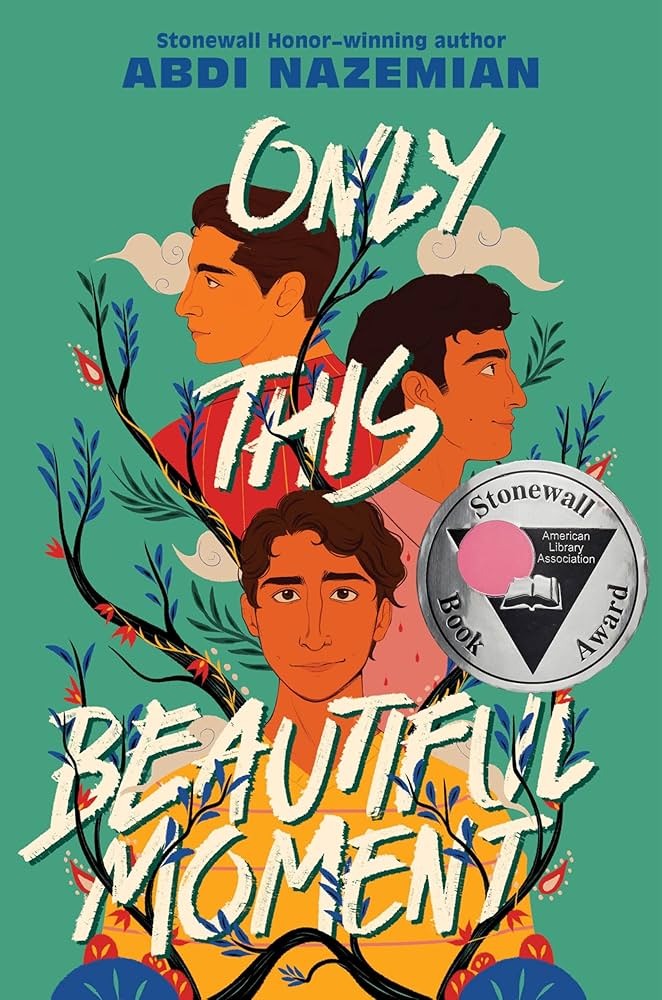
- And Other Mistakes – Erika Turner | YA | lesbian MC | ⭐️⭐️⭐️.5
- The Luis Ortega Survival Club – Sonora Reyes | YA | unlabelled MC, bisexual LI, nonbinary SC | ⭐️⭐️⭐️⭐️
- Imogen, Obviously – Becky Albertalli | YA | bisexual MC, lesbian LI, pansexual, questioning, demisexual, bisexual, lesbian, and nonbinary SCs | ⭐️⭐️⭐️.75, rounded up to ⭐️⭐️⭐️⭐️
- Something Like Possible – Miel Moreland | YA | bisexual MC, queer SCs | ⭐️⭐️⭐️.5
- Forever Is Now – Mariama J. Lockington | YA | bisexual MC | ⭐️⭐️⭐️.75, rounded up to ⭐️⭐️⭐️⭐️
- A Scatter of Light – Malinda Lo | YA | bisexual MC, genderqueer LI, queer and lesbian SCs | ⭐️⭐️⭐️.5
- Margo Zimmerman Gets the Girl – Brianna R. Shrum and Sara Waxelbaum | YA | lesbian MC, bisexual LI, pansexual, polyamorous, genderqueer, and lesbian SCs | ⭐️⭐️⭐️⭐️
- So Lucky – Nicola Griffith | Adult | lesbian MC | ⭐️⭐️⭐️⭐️⭐️
- Only This Beautiful Moment – Abdi Nazemian | YA | gay MC, bisexual SC, gay SC | ⭐️⭐️⭐️⭐️
TELL ME WHAT YOU THINK! Have you read any of these books, and if so, did you enjoy them? What are some of your favorite queer books that you’ve read in the last year? Let me know in the comments!
Today’s song:
That’s it for this year’s pride recommendations! Have a wonderful rest of your day, and take care of yourselves!

